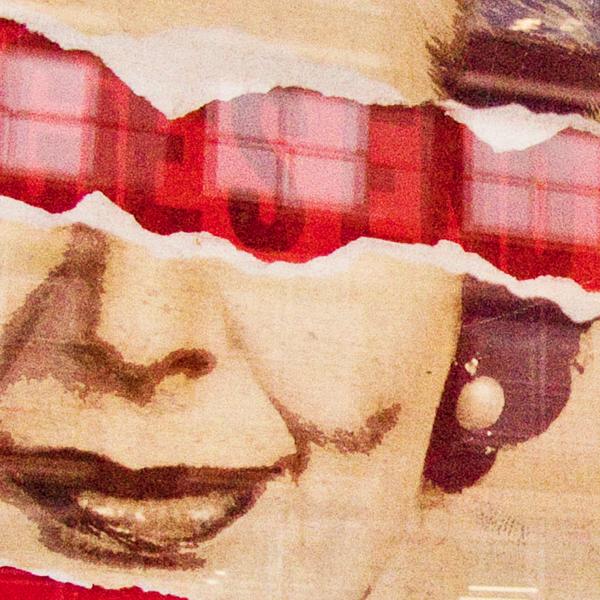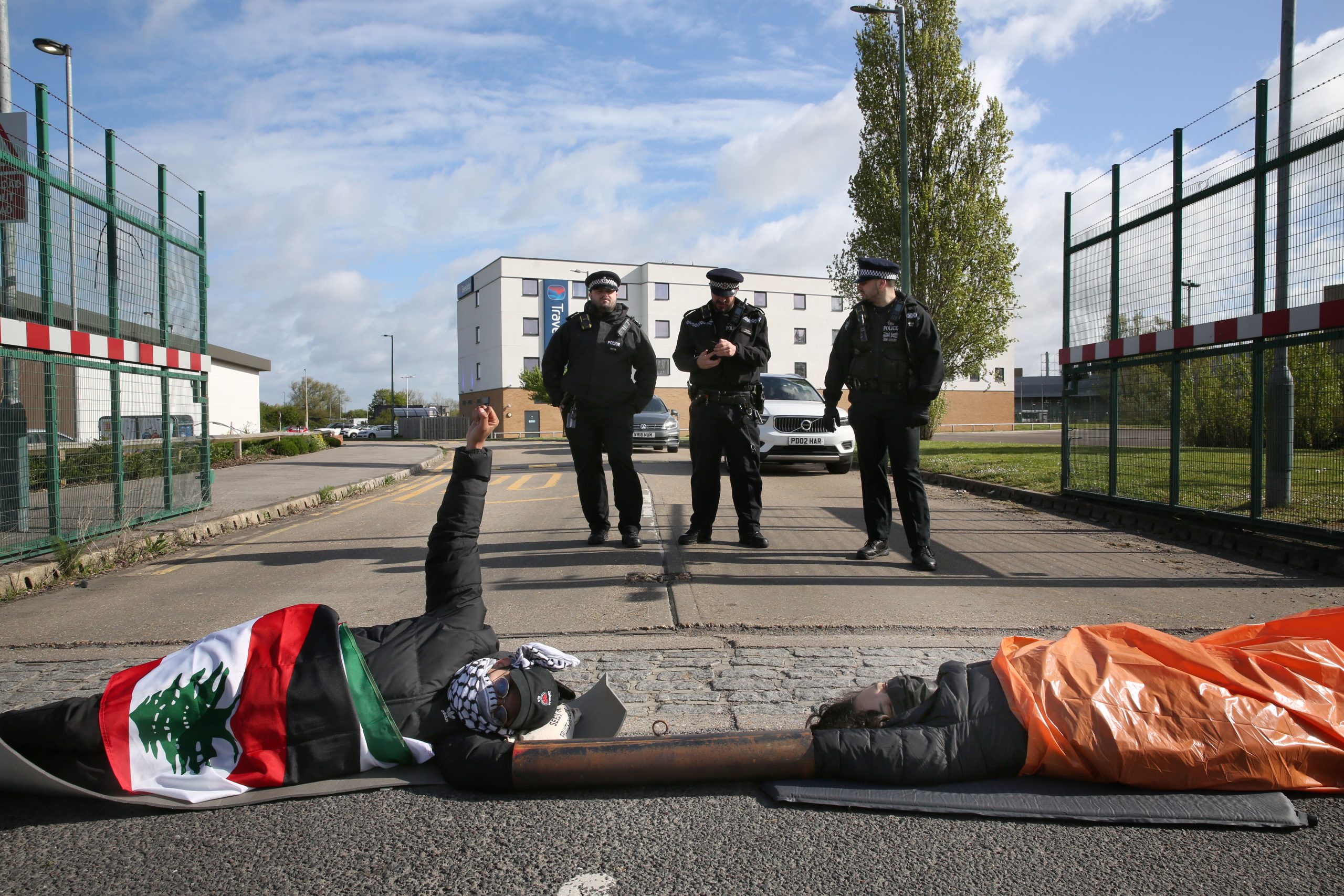The Campaign Opposing Police Surveillance rounds up the most recent attempts by a number of former spycops to avoid having their names linked to the Undercover Policing Inquiry.
The Inquiry has announced five new applications by anonymity from former undercover police officers. The police want the real and cover names to be withheld in all five cases, and the Inquiry intends to comply.
The officers’ risk assessments, published in heavily redacted form, cover a number of elements of their deployment.
The controversial use of dead children’s identities for cover names is addressed, and none of the officers say they did it (one says they didn’t even have a cover name). They are all asked if they had relationships with people they spied on, and none of them admit this either.
Professional Liars
The problem is that we’ve seen this before. Officer HN297 said he didn’t have any relationships. His cover name, Rick Gibson, was published in August last year, thus enabling researchers to find people from the groups he infiltrated. They found that he had sexual relationships with at least four women that he spied on.
Without us knowing the cover names, we cannot check the veracity of their claims. It is the key prerequisite of us being able to get to the truth of what these trained liars did yet, despite proof of lying, the Inquiry is believing them and keeping cover names from us.
Once again we see inexcusable exceptionalism being granted to police. No other group of proven miscreants gets their answers taken at face value, in secret, then used as the basis for whether their victims get told the truth.
No other institution is allowed to be the custodian and archivist of the files that incriminate them. The Met are asked by a public inquiry to do searches and provide the results. It would be unacceptable even if there wasn’t, as in this case, a history of them destroying the files to avoid culpability.
But with the police we not only take their word, the Inquiry seeks to protect them from feeling upset at being caught. This trait is startlingly clear in the statement of officer N348. In a searing dissection, The Canary described it as ‘already a contender for the most ridiculous thing you’ll read in 2018’.
Protection from embarrassment
Deployed in 1972-73, N348 is now in her 70s. She says she cannot remember the cover name she used, but is confident it had the first name of Sandra.
She infiltrated the Women’s Liberation Front (affiliated to the Women’s Liberation Movement). A group of no more than 12 people, they met at a member’s house in North London to discuss women’s rights and Maoist ideas.
It seems the infiltration of these groups may have been prompted by an incident mentioned repeatedly in the paperwork, the direct action taken against the 1970 Miss World contest when it was broadcast live from the Royal Albert Hall.
N348 described the faction as vocal but aspirational only and taking part in demonstrations with placards and banners. She witnessed no violence displayed by the group.
N348 says she would be ’embarrassed’ if one of the group she spied on found out she was a spycop. Her current work worries her, too.
It makes my heart sink to think of my colleagues there knowing.
The risk assessor concludes that there is no known threat from anyone in the Women’s Liberation Front in any way.
‘The risk would likely be confined to harassment and/or intrusion, but would be effective enough to potentially adversely affect her employment status and standing in the community; both would affect her income.’
Why would it affect her employment, unless she is in a job that her employer would think is unsuitable for someone with her history? Why would the community think less of her, unless she has done something wrong?
The risk assessor doesn’t think police can justify what N348 did.
It could be argued that the deployment of N348 into such a non-violent group was disproportionate and may feed a media angle.
N348 says
I think we live in a time of an intrusive media… I worry about not being in control of this situation.
The media attention they fear is the justified interest in the actions of a public servant. Her wish to be shielded from that is not a valid reason to hide her identity.
The risk assessor concedes that if her true identity were disclosed there would be no risk of physical threat and a low risk of interference with her family and personal life, yet they still want her name to be withheld. This is all a further example of spycops seeking freedom from accountability.
There is no human right to protection from embarrassment, yet N348 is effectively being granted one.
Protection from pride
Conversely, HN23 says
I am very proud of the work that I did and acted with integrity throughout my career. I believe that the work I did had a significant positive impact and I did it knowing that it was not something I could boast about or reveal.
At last your chance has come to step up and receive the acclaim you so rightly deserve for your flawless and exemplary work, HN23. Let your friends and family see the glory of your true life and share in your pride.
I am worried that they will not understand the reasons for this and will see it as a betrayal which will affect both friendships and relationships with family.
That’s the opposite of HN348’s embarrassment, yet arguing for the exact same secrecy.
Police rights beat human rights
The police applications for anonymity include a cut & paste paragraph saying that releasing an officer’s name would ‘amount to a disproportionate interference with his/her right to a private and family life,’ and even in one instance adding ‘risk of loss of life or torture, or inhuman or degrading treatment’.
These are the same two human rights the Met admitted were breached by spycops themselves in these deployments.
The police who invaded the lives, homes and families of active citizens are seeking anonymity to avoid intrusion into their own lives and families. They are saying ‘it would breach my right to a private life to be known as the person who breached your right to a private life’. If the arrogance is gobsmacking, the hypocrisy is sickening.
The Met go further, saying it is not only for the benefit of their officers but ‘in the public interest’. The state infiltrating political groups who pose no threat to public safety is not just abuse of the citizens that were spied on. It is a counter-democratic attack on freedom of association and expression. It is plainly against the public interest.
Naming anyone for anything obviously increases the chance of press interest and vigilante action, yet the media (often supplied by police) give out people’s details every day. It is not seen as a breach of the right to a private life.
Time to answer
Officers from secret police units around the world have been reluctant to come clean. None imagined having to face the people they undermined and betrayed.
But their desire for comfort pales beside their victims’ right to the truth and the public’s right to justice. They did this in our name. We all deserve answers.
It’s been a long time coming and the officers of the Special Demonstration Squad know that better than anyone. Though it was never on the scale of the Stasi, Britain’s political secret police’s purpose and methods were startlingly similar to their East German counterparts.
As Paul Lewis & Rob Evans described in Undercover: The True Story of Britain’s Secret Police
A team of undercover police officers had spent the evening drinking and chatting in the London apartment. It was late one night in 1994.
They turned on the television to catch a news report from Germany. Tens of thousands of Germans were trawling through secret files compiled on them before the Berlin Wall came down… The TV report showed the distraught face fo a woman in Berlin who had discovered the man she had loved for years was a spy.
There was a silence in the lounge. Then one of the undercover police officers said what the others must have been thinking. “You do realise, this is going to happen to us one day,” he said.
The Undercover Policing Inquiry is not here to extend the abusers’ belief that they would never get caught. It exists to reveal the truth. Police officers act as public servants and should be publicly accountable.
A cloak of anonymity for the officers would also fall across the facts and justice itself. It’s absurd for them to ask for such secrecy, and outrageous that the Inquiry wants to grant it.
This article first appeared at the Campaign Opposing Police Surveillance








